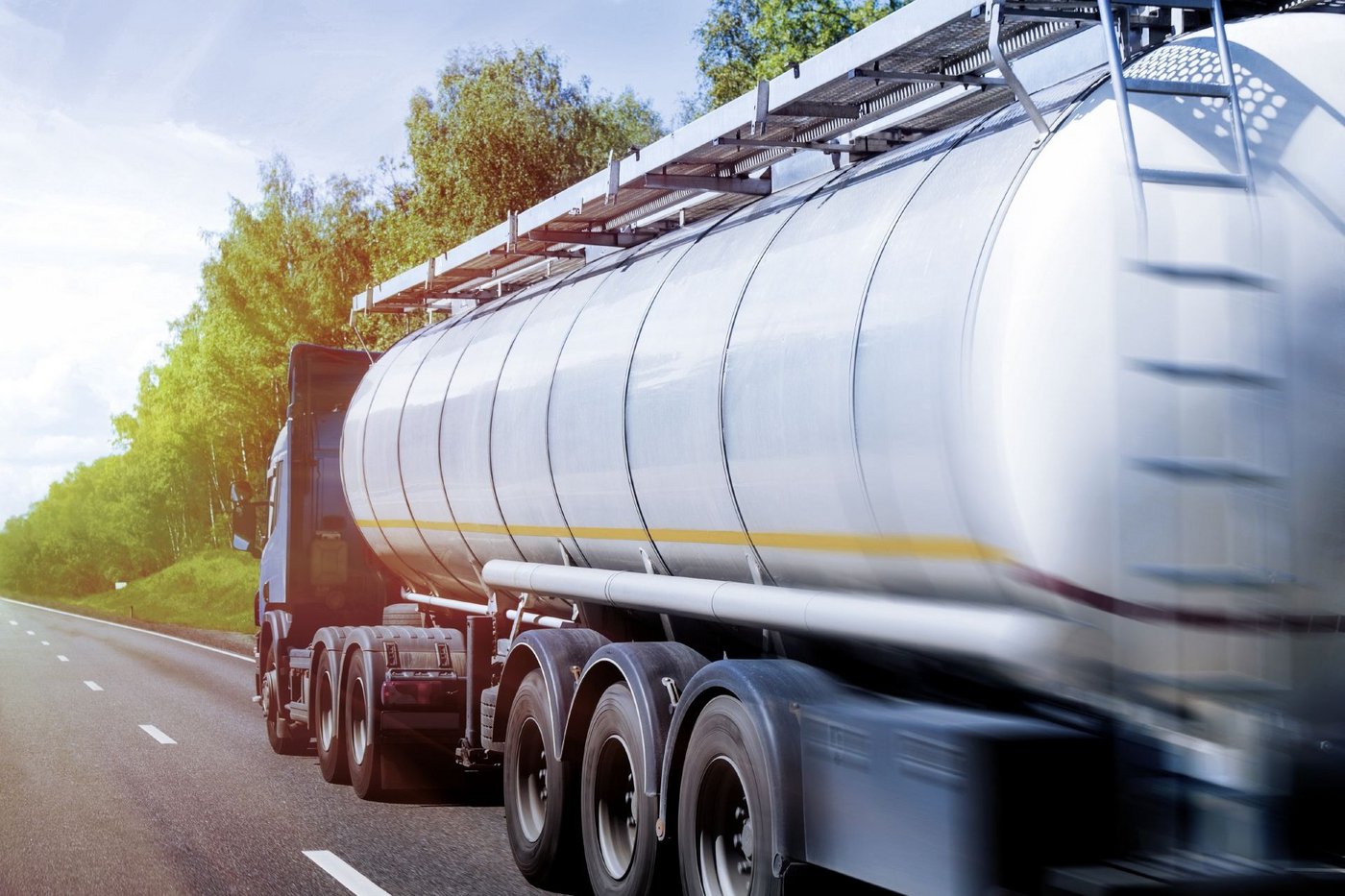Pumpen für die Logistikindustrie
Industrielle Anwendungen beim Transportieren von Medien
Ob chemische Stoffe, Öle oder Medien für die Nahrungsmittelindustrie, wichtig ist, Transportfahrzeuge ebenso schnell wie exakt zu befüllen oder zu entleeren. Denn auch hier gilt: Zeit ist Geld und eine ungenaue Dosierung unverantwortlich oder gar gefährlich. Pumpen für Tankfahrzeuge haben dementsprechend hohe Sicherheitskriterien zu erfüllen und dürfen darüber hinaus weder sehr groß noch zu schwer sein. Bedingungen, die häufig zulasten der Leistungskraft gehen.
Infolge ihrer kompakten und dennoch durchzugsstarken Konstruktion gehören Vogelsang Drehkolbenpumpen zu den meistbestellten Industriepumpen im weltweiten Transport- und Logistiksektor. Sie befördern hochviskose oder aggressive Medien aller Art und pumpen sogar Flüssigkeiten mit groben Feststoffen ohne zu blockieren. Maßgebend hierfür ist die einzigartige Bauweise der Vogelsang Drehkolbenpumpen, der darüber hinaus auch die unproblematische Wartung ohne Ausbau der Maschine zu verdanken ist. Falls überhaupt Wartungsbedarf besteht, denn Vogelsang Produkte sind außerordentlich robust und pulsationsarm und der Verschleiß daher sehr gering. Ein weiteres Argument für Drehkolbenpumpen an Tankfahrzeugen ist die umkehrbare Förderrichtung. Gegenüber Exzenterschneckenpumpen ist das ein großer Vorteil, da von diesen zwei Stück für das Befüllen und Entleeren am Fahrzeug montiert werden müssen.



